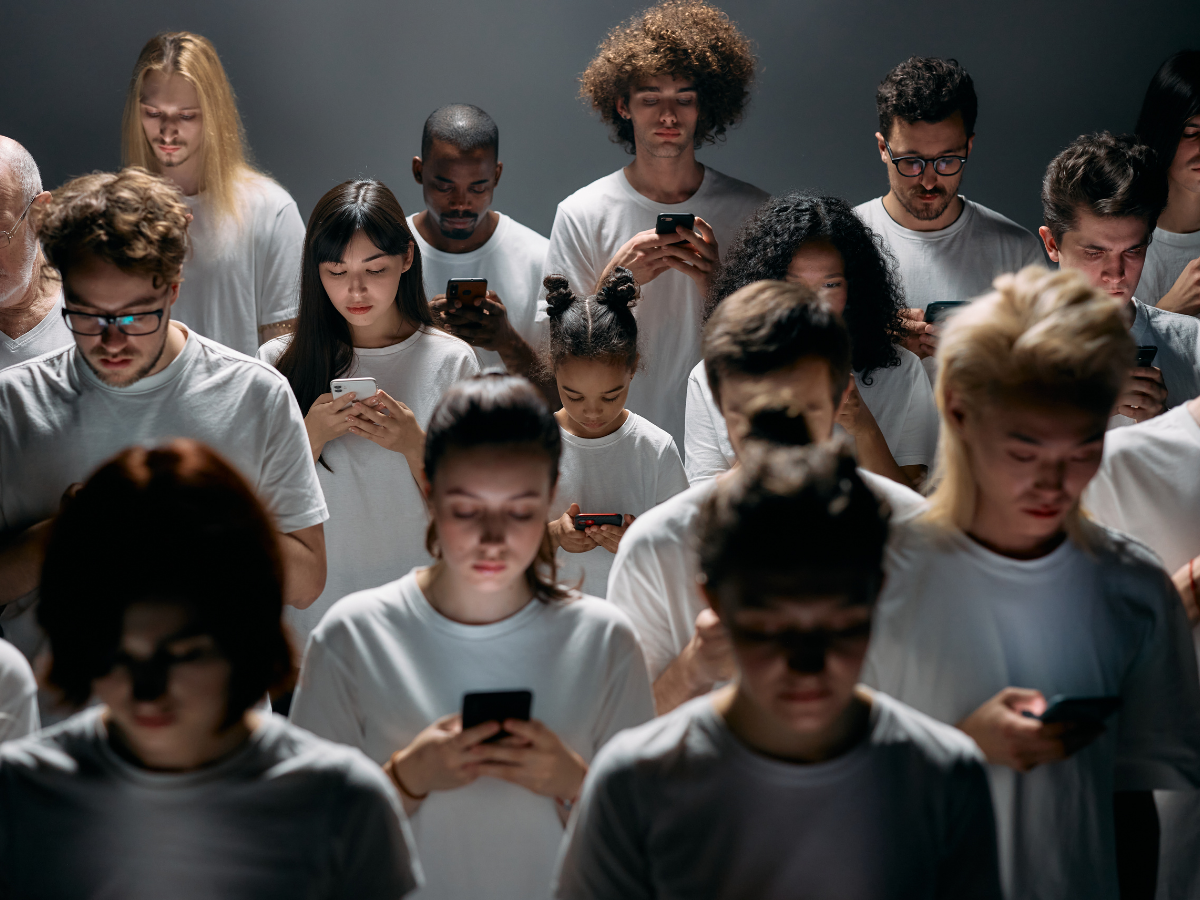Social media plays a huge part in our modern lives. But how social media affects our mental health has become one of the most important questions of our time. In this post, we dive into the negative effects and impacts of excessive use of social media platforms, explore the links with depression, anxiety, social media addiction, and cyberbullying, and suggest ways to build healthier online habits. We’ll also explain how you can find professional mental health support at The Eaves Counselling and Psychology.
Social media sites like Facebook, Instagram, and TikTok have transformed how we connect. They allow us to share moments and stay in touch. But they can also fuel comparison, loneliness and distraction.
How social media affects our mental health depends on many factors: how we use it, and whether we’re aware of the potential pitfalls.
A growing body of research shows strong links between heavy use of social media platforms and mental health issues. Individuals who check Facebook/Instagram frequently report higher rates of depression and anxiety, loneliness, and poor self-esteem.
These impacts are particularly concerning for children and adolescents, where even brief episodes of bullying can lead to long-term mental health issues.

Social media platforms are engineered for engagement. Notifications, likes, shares, stories. They all offer intermittent rewards that make it hard to log off. Excessive use of social media can become habitual, sometimes even compulsive.
Symptoms of social media addiction may include:
Understanding this phenomenon is vital, because once social media becomes a coping mechanism, it can magnify mental illness rather than relieve it.

Understanding the problem is one thing – but how can we take action? Here are five strategies:
If excessive use of social media is negatively impacting work, study, your relationships or your mood, consider reaching out.
Possible red flags:
At The Eaves we have provided over 20 years of high-quality psychological care 12 hours a day, six days a week, from practices in Guildford, Godalming, Farnham, Haslemere and online. We work with individuals, children, couples and families. Clients can self-refer, or be referred through GPs, mental health teams, private insurers, workplaces and schools.

How social media affects our mental health is complex, but the evidence is clear: excessive, unregulated use can lead to depression, anxiety, social media addiction, and amplify existing mental health issues.
If you’re worried about your online habits, or that of someone you care about, speaking to a qualified counsellor, psychotherapist or psychologist can be life-changing.
At The Eaves, our ethos is to promote mental wellbeing and resilience at every life stage. That includes helping you find healthy ways to relate to social media.
We offer:

Social media in moderation can enrich our lives. But when it becomes excessive, distracting, or even distressing, it can take a serious toll on our mental health.
The Eaves Counselling and Psychology Ltd is a select professional body of Counsellors, Psychotherapists and Psychologists, providing high quality psychological care Monday to Saturday between 9am and 9pm from our practices in Guildford, Godalming, Farnham, Haslemere and online.
Are you a business owner or would like more support from your job? The Eaves’ own Employee Assistance Programme (EAP) service for small to medium businesses is easy, affordable and gives staff instant access to our large team of in-house Counsellors and Psychologists at a time and date to suit them.
If you need immediate support please find our list of useful contacts
If you notice increased feelings of anxiety, low mood, irritability, or inadequacy after using social media, or you’re spending more time online than intended, it could be having a negative impact. Other signs include trouble sleeping, withdrawing from face-to-face interactions, and difficulty concentrating. If this sounds familiar, it may be time to consider professional mental health support. At The Eaves, we offer tailored counselling and therapy to help manage these symptoms.
Yes, social media addiction is increasingly recognised as a behavioural concern. It refers to a compulsive urge to check social media, often at the expense of sleep, work, or relationships. People may feel anxious or low when not connected, and often lose track of time while scrolling. If you or someone you know is struggling, The Eaves offers assessment and treatment through our team of psychologists and counsellors, both in-person and online.
Absolutely. Therapy can help you understand your online habits, recognise emotional triggers, and develop healthier ways to engage with social media. At The Eaves, we work with individuals, families, and children to build self-awareness, improve real-life connections, and manage the mental health issues linked to digital life. Therapy is a safe space to explore underlying issues like self-esteem, loneliness, or FOMO (fear of missing out).
Yes. Many children and teenagers face challenges such as online harassment, peer pressure, and social media addiction. These can affect their academic performance, mood, and relationships. At The Eaves, we provide child and adolescent therapy designed to support young people in managing stress, building confidence, and creating healthy digital boundaries. You can self-refer, or be referred by a GP, school, or mental health team.